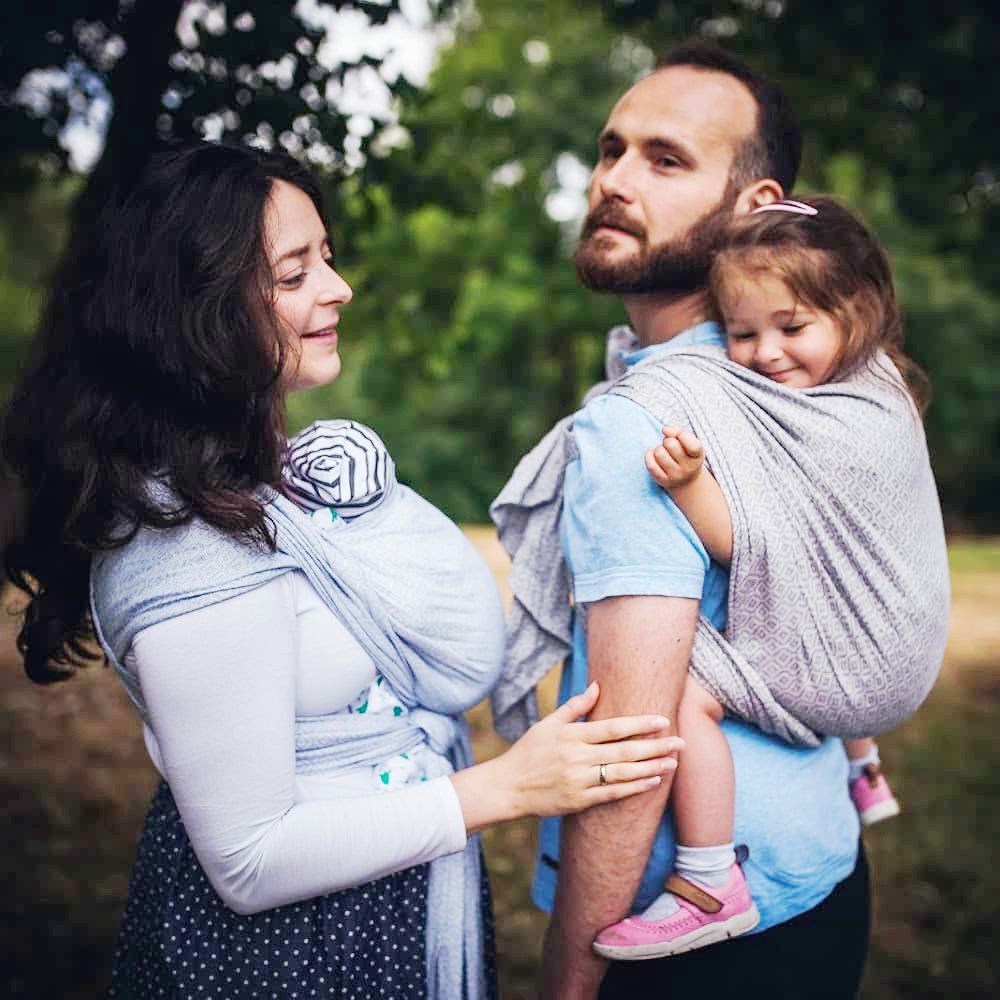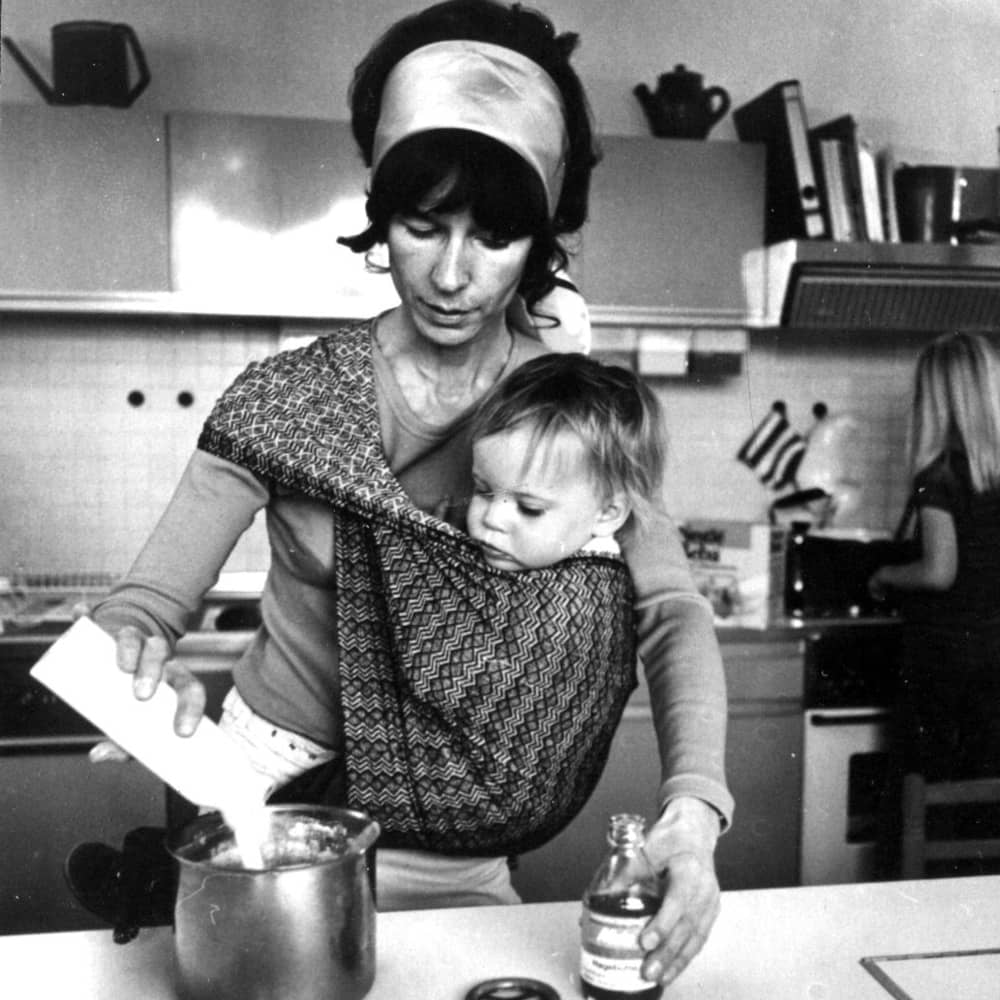Women after breast surgery can't breastfeed?
 Breast surgery is being performed earlier and more frequently. In 2020,67,634 cosmetic operations were performed in Germany for breast augmentation alone.
Breast surgery is being performed earlier and more frequently. In 2020,67,634 cosmetic operations were performed in Germany for breast augmentation alone.
Surgery makes breasts larger, smaller, firmer, rounder and more shapely. They help women to go through life with more self-confidence. Therefore, this should not be judged, but respected as an informed decision. In some cases, this intervention also ensures a woman's survival.
Are you, dear blog reader, someone who is considering elective surgery? Or perhaps you belong to the group that has to have an operation for health reasons? And do you want to breastfeed? Soon or in the distant future?
It is very important that the doctor addresses any desire to breastfeed. If the doctor is aware of the physiology and anatomy of the breastfeeding breast, he or she will take the following things into account during the operation and discuss them with you:
- Incision: the incisions should be made in such a way that as little mammary gland tissue as possible is removed and separated from the milk ducts.
It is also important that the nerve connections around the nipple are not completely severed. Only if the nipple remains sensitive can the feedback to the brain for milk production take place during breastfeeding. The breast and head must be able to "talk" to each other.
- Position of implants: if anabolic implants are positioned under the breast muscle, this facilitates the transition to abundant milk production. If these transformational days (usually day 4 - 5 after birth) can be experienced without space-demanding swellings, it facilitates the establishment of good milk production.
Can an operated breast "recover"?
To a certain extent - yes! The more time that passes after breast surgery before breastfeeding, the better. Pregnancy itself also causes glandular tissue to "grow" and nerves to regenerate. And breastfeeding is the best way to promote this process. Every breastfed child means more glandular tissue and more milk potential. We know from reports from mothers that first-born children after breast surgery receive less breast milk than their younger siblings, who can eventually be fully breastfed.
Breast surgery and a desire to breastfeed? Get in touch with a medical breastfeeding and lactation specialist.
Everything can be discussed individually during the consultation. Equipped with the right information and support options, in most cases nothing will stand in the way of partial or full breastfeeding.
Conclusion: In this case, unfortunately, the old wives' tale cannot be clearly answered with "true or false". Sometimes fairy tales also contain a certain amount of truth.
You can find more parts of our series "Nursery tales about breastfeeding" here:
Part 1 – We dispel old wives' tales
Part 2 - Small breasts, no milk?
Part 3 - Not enough milk for the first few days?
Part 4 - Formula is just as good as breast milk these days, isn’t it?
 This blog post is by Eva Vogelgesang.
This blog post is by Eva Vogelgesang.








